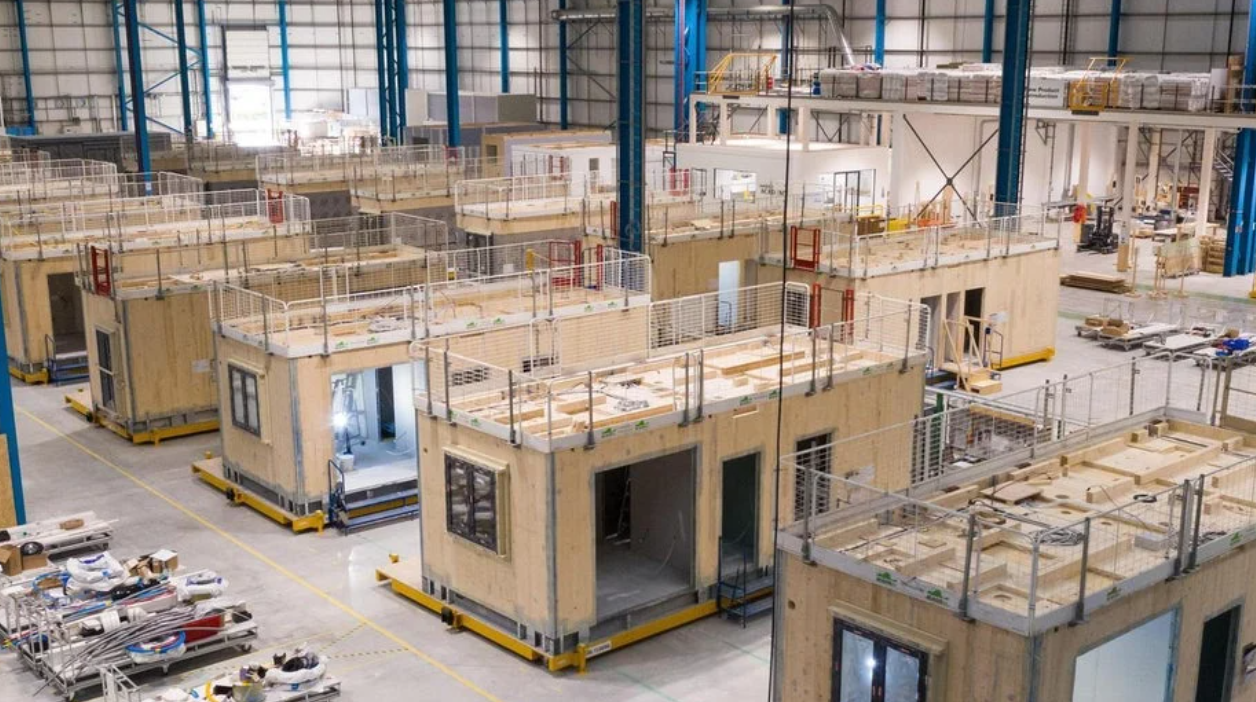Temporary and portable buildings are becoming increasingly popular for several reasons. They are versatile, cost-effective, and can be adapted to various situations and settings. Modular buildings are also becoming more popular as they offer several advantages over traditional construction methods.
This article will look at the benefits of modular and transportable buildings. We will also discuss how these buildings can be used in various settings, such as schools, businesses, construction sites, etc.
Cost-Effective:
Modular building and transportable building construction are cost-effective because it allows you to build your project in just one place instead of multiple locations. This means you only have to pay for materials once instead of numerous times due to transportation costs. The result is lower costs overall, which means more money saved on your project.
High Quality:
Modular buildings offer high-quality construction at an affordable price point. They’re also typically built to last longer than traditional construction methods due to their solid steel frames, which prevent warping or bending over time. In addition, modular building designs are often customizable, so you can choose the exact specifications you need for your project without worrying about extra costs for features.
Environmentally Friendly:
One of the most significant benefits of modular buildings is that they are environmentally friendly. This is because the materials used to construct these structures are often recycled or made from recycled materials. This means less waste is created during manufacturing and transportation, which helps reduce pollution.
Convenient and Fast:

Modular buildings are also convenient and fast to install. Like traditional construction projects, this means they can be set up in days or weeks rather than months or years. This makes them ideal for temporary structures such as warehouses or factories, which need to be set up quickly so they can start operating as soon as possible.
Fully Customisable:
Modular buildings are fully customizable, so you can create a structure that meets your needs. This makes it possible to create something that suits your requirements without worrying about compatibility issues or additional costs associated with off-the-shelf products.
Conclusion:
In conclusion, modular buildings and transportable buildings are significant for a variety of different settings and situations. They can be used for construction, housing, schools, and other places where quick solutions are needed. As the technology behind these buildings continues to improve, more options will become available, and their feasibility will increase. It is time for modular building concepts to become a staple in the construction industry.
Related Sources: Demountable Buildings, Portable School Buildings
